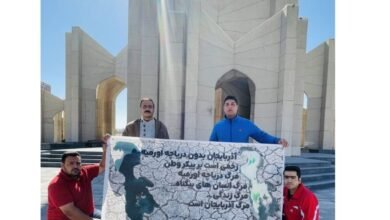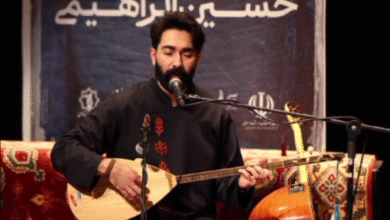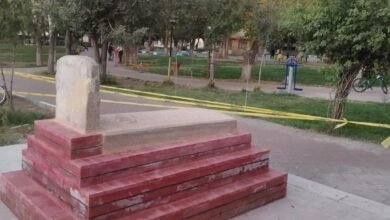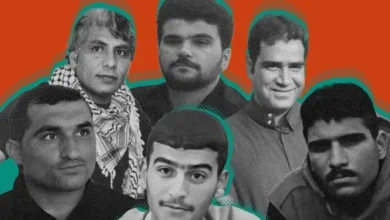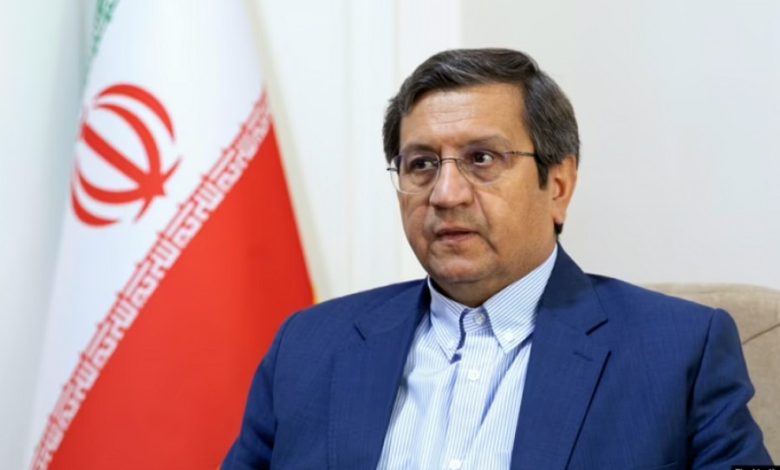
عبدالناصر همتی روز چهارشنبه ۲۳ فروردین در توئیتی نوشت گزارش جدید مرکز آمار نشان میدهد که نرخ بیکاری با رسیدن به ۹.۷ درصد در زمستان پارسال، نسبت به فصل پائیز، ۱.۵ درصد و نسبت به زمستان سال قبل از آن ۰.۳ واحد درصد افزایش یافته است.
او افزود: «در واقع به جای ایجاد یک میلیون شغل وعده داده شده برای یکسال، صرفاً ۲۶ درصد آن تحقق یافته است. یعنی، ۲۶۳ هزار نفر به جمعیت شاغل اضافه شده که کمتر از افراد جویای کار جدید است.»
این گزارش آقای همتی در حالی است که علی خامنهای رهبر جمهوری اسلامی در پیام نوروزی امسال خود مدعی شده بود که سال گذشته «اشتغال یک تکانی خورد، یعنی بیکاری درصد اندکی کم شد که این چیز مغتنمی است.»
رئیس پیشین بانک مرکزی ایران در ادامه توئیت خود با اشاره به اینکه از اعلام «موفقیت» دولت در کاهش ۰.۷ درصدی نرخ بیکاری دو ماه بیشتر نگذشته است، به دولت رئیسی توصیه کرد که «از استناد به آمار در مقاطع کوتاهمدت برای نشان دادن موفقیت» خودداری کند.
همتی با اشاره به مذاکرات احیای برجام، نوشت: «مجددا توجه مسئولین را به ضرورت تعیین تکلیف هرچه سریعتر مذاکرات برای بسط ارتباطات اقتصادی بینالملل و کنترل انتظارات جهت تمرکز بر سرمایهگذاری برای رشد اشتغال و تولید جلب میکنم.»
به نظر میرسد که افزایش بیکاری در سال ۱۴۰۱ ناشی از فیلترینگ گسترده و اعمال محدودیت شدید دولت ابراهیم رئیسی بر شبکههای اجتماعی در جریان اعتراضات سراسری ایران است، بهطوری که دستکم از هر پنج نفر یک نفر کار خود را در فضای مجازی از دست داده است.
از جمله وعدههای اصلی دولت ابراهیم رئیسی ایجاد چند میلیون شغل و ساخت چهار میلیون واحد مسکونی بوده است.
حجتالله عبدالملکی، اولین وزیر کار و تعاون و رفاه اجتماعی دولت سیزدهم، در آغاز ریاستجمهوری ابراهیم رئیسی وعده داده بود که تا پایان سال ۱۴۰۱ یک میلیون و ۸۵۰ هزار فرصت شغلی ایجاد خواهد شد.
رادیوفردا


